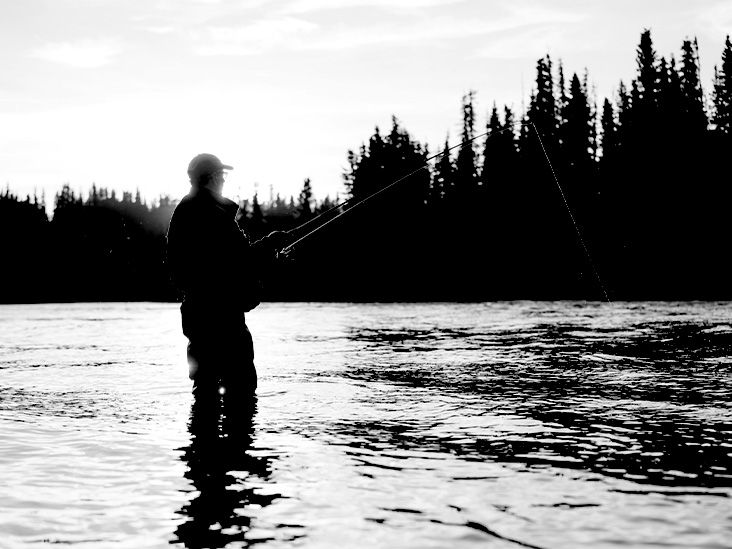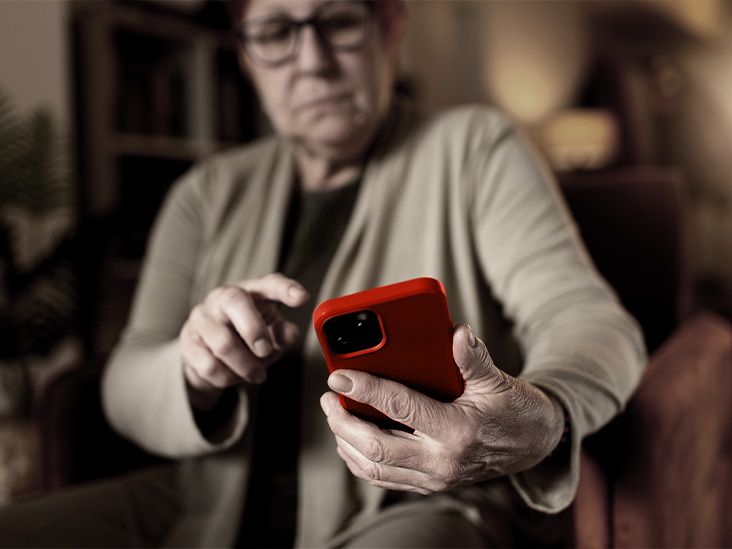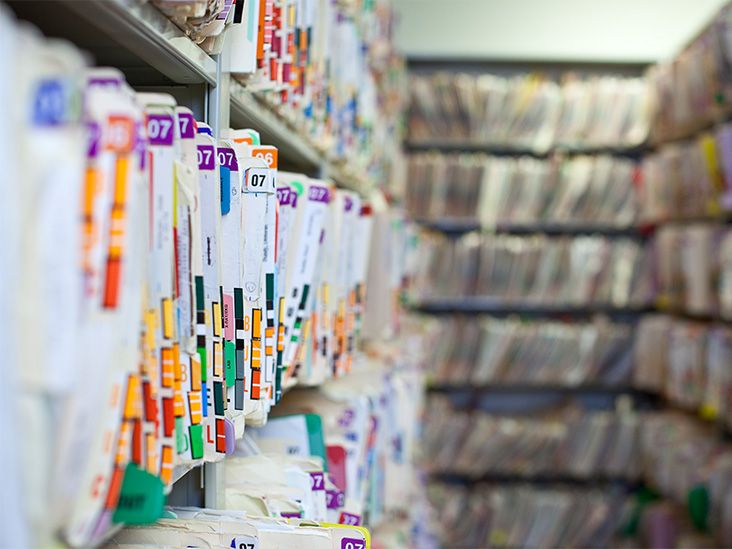Okay... no one ever wants to be in this situation.
But if you've lost someone who was getting Social Security or Medicare, one of the things you'll need to do - and soon - is let the government know.
Mostly because the payments have to stop, and that has to happen right away.
That's where reporting the death comes in. It helps wrap up benefits, stop overpayments, and even open the door to help for surviving family members.
So here's what you need to know...
Why Report Death Matters
Is it legally required? Yes - yes, it is. And honestly, it's better to do it sooner rather than later.
The Social Security Administration (SSA) uses this info to:
- Stop monthly benefit payments
- Figure out if anyone else qualifies for survivor benefits
- Alert Medicare to cancel coverage
You also want to avoid accidentally cashing a check that wasn't meant for you after the person passed away.
That could get messy - fast.
And don't worry - calling them isn't hard. They're used to guiding people through these tough times, and they speak Spanish too, if that helps.
Who has to report the death? Usually, the funeral home will take care of it. That's the norm - and yes, really! They often contact SSA directly if they have the person's Social Security number on file.
But if there's no funeral home involved or somehow it didn't go through, someone still needs to make that call.
Not doing it can add weeks or months to the process and risk financial complications down the line.
So even though it feels heavy-handed when you're dealing with grief... yeah, just make the call sooner rather than later.
Easy Ways to Report
Most funeral directors will send the word for you.
All they need is the deceased's:
- Full name
- Social Security number
- Date of birth and date of death
Simple enough, right?
If you're using a funeral home, you might not need to lift a finger here... unless you want to confirm they did it.
If a funeral home isn't involved, or you just want to control the timeline, call 1-800-772-1213.
TTY users: 1-800-325-0778
Available Monday-Friday 8am-7pm.
Have these ready:
- Deceased's full name
- Social Security number
- Date of birth
- Date of death
- Your own contact info (as the reporter)
You don't technically need a death certificate to get started - but they may ask for it later.
Once you get that far, ask about returning any overpaid checks or deposits and find out what survivor benefits might apply.
Pro tip: Save time by writing all that info down first - and don't hang up until you get a case number if possible.
It'll help if anything goes sideways later.
What Happens Next
SSA stops ongoing Social Security and Medicare benefits immediately
Any extra payments received after the death should be returned
If eligible, survivors can learn about benefits like the one-time lump-sum death payment ($255), and ongoing survivor payments based on the deceased's work record
Here's the thing: You don't need to make two separate calls.
When you report a death to the SSA, they tell Medicare. Medicare tied to Social Security ends right away.
No need to call 1-800-MEDICARE (#justsayin')
Extra caution note: If the deceased had a Medicare Advantage plan, they might need specific instructions from the insurer.
If you already know who that is - great.
If not, let SSA sort it first, then follow up if needed.
Mostly this is smooth sailing. They share data fast.
International Considerations
Do NOT panic - but take notes.
Even if the individual died abroad, you still contact the SSA.
Reach a Federal Benefits Unit (FBU) linked on ssa.gov/foreign.
They handle cases involving U.S. citizens and resident aliens.
Also, consider notifying:
- Nearest U.S. Embassy or Consulate
- Local authorities required by law (e.g., if staying in a foreign country long-term)
Most crucially: Stay calm.
SSA knows international deaths happen, and they help families across borders every year - even if the language, process, or system seems unfamiliar.
Wrapping Up Loose Ends
Think of it as wrapping up loose ends.
Important steps include:
- Notify banks, credit card companies, credit bureaus (prevent identity misuse)
- Inform utility companies, insurers, and subscriptions
- Return any direct deposit or paper check received for the month the person died
- Look into survivor benefits for spouses, kids, and certain family members
Now, money stuff can feel messy.
But again - we know it matters. Or why else would you be reading this?
Chances are, you're either:
- Taking care of details you didn't see coming
- Looking ahead just in case something happens
Either way, your peace of mind matters. Not just ticking boxes.
That's part of being helpful.
Supporting Family Through This
Let's be real for a sec.
This whole "reporting death" business isn't something most people prepare for.
And it shows.
Sometimes, people just forget what to do next.
So give yourself grace.
If you don't understand whether the lump-sum benefit applies... look it up.
If you're wondering if you qualify as a surviving spouse... look it up.
No shame in calling SSA again with a new question.
In fact, that's encouraged.
Most folks do.
And the folks at SSA? They've been helping families like yours for decades.
Just always remember:
- Ask early
- Check twice
- Keep records
A file folder or even a note pad where you list everything you've done already can save hours.
Also helps if the situation ever needs to go back for verification.
Like I said earlier. Just don't sign anything financial-related that seems unclear.
No pressure. There's zero rush once the basics are set.
Important Questions Answered
Do I have to wait for the death certificate before calling SSA? Not necessarily - but if you can get it quickly, better safe than sorry. They'll check the details eventually, and having it ready makes things smoother.
What if someone already cashed the check meant for the deceased? You must return it - that's federal policy. Either mail the returned payment with a note explaining your relationship to the deceased, or ask your bank to return a direct deposit.
How do I get a copy of a deceased relative's Social Security statement? Best way: Ask for it through the SSA office during that same call. Alternatively, if you're named executor or legal representative, submit a written request with documentation.
Are there penalties for failing to report? Technically, yes. If you keep and spend unearned Social Security checks, it counts as theft.
Most cases are treated lightly if it's a misunderstanding.
However, we all know showing good faith matters.
Easy solution? File the report within days, not months.
Getting Help When Needed
SSA's toll-free number (1-800-772-1213) rings weekdays between 8am - 7pm ET.
Even better?
They'll talk you through everything step by step - especially if you just say: "Hi, I need to report someone's death. Where do I start?"
That usually cues them to walk you gently through why this matters and how to protect yourself legally.
Taking Care of What Matters
Bringing someone's Social Security or Medicare to a close isn't just an obligation.
It's how you take care of them, even now - stopping payments, honoring their legacy, and understanding if you or others qualify for support.
While few speak of this process proudly, handling it well shows strength.
You're being responsible... you're being caring... and that means a lot when everything around you feels uncertain.
So circle back here when you can, tag a sibling or relative handling it alongside you, and walk this path together - clearly, calmly, confidently.
Still stuck?
We can point you to reliable forms, helpful contacts, and tools to ease the load.
This guide only scratches the surface.
Would you like more personalized support via checklist or infographic walkthrough?
Let us know - we're here to make it simpler.
FAQs
Who should report a death to Social Security?
Typically, the funeral home reports the death. If not, family members or legal representatives can make the report directly to the SSA.
What information is needed to report a death?
You’ll need the deceased’s full name, Social Security number, date of birth, date of death, and your contact details as the person reporting.
Do I need a death certificate to report the death?
No, it's not required to start the process, but the SSA may request it later. It's best to have it ready if possible.
What happens after I report a death to Social Security?
Social Security stops benefits immediately and notifies Medicare. You may also learn about survivor benefits or need to return overpaid checks.
What if the person died outside the United States?
Contact a Federal Benefits Unit through ssa.gov/foreign for guidance. Also notify the nearest U.S. embassy or consulate if needed.
Disclaimer: This article is for informational purposes only and does not constitute medical advice. Always consult with a healthcare professional before starting any new treatment regimen.
Related Coverage
Find the best Medicare in Tennessee options for you. Compare plans, enrollment periods, and coverage to make informed decisions....
Find the best Alaska Medicare plans for 2025. Compare Part D, Medigap, and Original Medicare options tailored to your needs....
Quick ways to spot and stop Medicare scam calls, protect your personal info, and report fraud with confidence and ease....
Navigate Medicare in Maine with ease. Find the best plans and coverage options for your healthcare needs in 2025....
Find the best Medicare in Missouri options for your needs. Compare plans, costs, and coverage to make confident healthcare choices....
Walking for seniors improves heart health, mood, and mobility. Get practical tips to start safely and build a lasting routine....
Learn how to access deceased medical records under HIPAA and Medicare. Get step-by-step guidance for requesting records after a loved one's death....
Doing crossword puzzles and word games regularly helps maintain mental sharpness while providing physical health benefits that support healthy aging across areas like memory, mood and lifespan....
Learn the importance of cleansing and exfoliating skin. Get tips for choosing the right facial cleansers and exfoliators for your skin type and how to properly exfoliate your face and body....
Get clear guidance on Medicare California options, from Original Medicare to Advantage and Medigap plans tailored to your needs....









